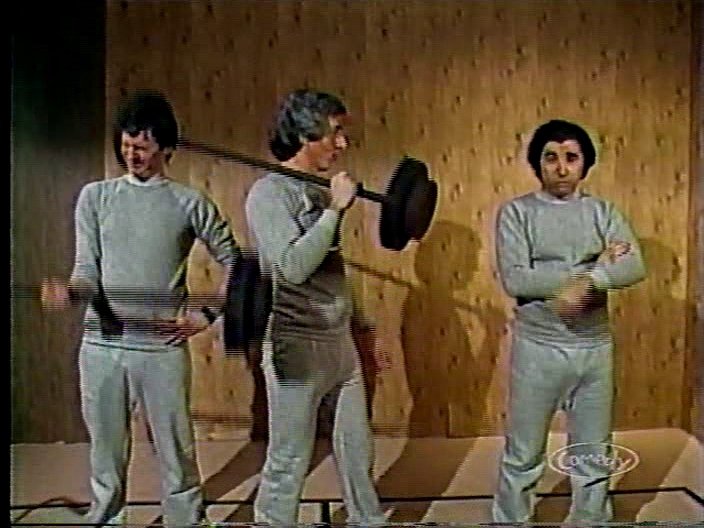
Existentialist Weightlifting
SNL 1987-88: Final thoughts
If there was one word to describe the 13th season of SNL, it would be “consistent”. No longer on the bubble thanks to the previous year’s success, SNL in 1987-88 continued pretty much in the same direction as the last season with a little more confidence and a little less to prove.
SNL 1986-87: Final thoughts
After barely getting renewed following the 1985-86 season, the next year was a make-or-break year for Saturday Night Live. Fortunately for Lorne Michaels, the show, and NBC, this reprieve paid off with the strongest season since the original cast’s heyday in the late 70’s.
SNL 1985-86: Final thoughts
Lorne Michaels’ first season back at SNL following his five year hiatus from the show is considered one of the worst seasons in the show’s history, along with 1980-81 and 1994-95. Indeed, there are quite a few obvious problems with this season, and as a whole the quality was below the standard of the first four seasons of the show, or even the later Dick Ebersol years. Yet for some reason, this year has a certain watchability to it that 1980-81 or 1994-95 don’t have.
SNL 1984-85: Final thoughts
Dick Ebersol’s “Steinbrenner season” gambit, where he loaded the SNL cast with established comedy writer-performers, paid off for the most part. Compared to the preceding seasons, the show was more consistently funny, and even the weakest show of the year wasn’t truly bad. The professionalism that the ringers brought to the show and increased use of prerecorded material gave this year an increased slickness; in a way, this may have given the show a bit more of a blandness than in previous seasons, but only insofar that the risk of failure wasn’t as big a factor as it had been before. Indeed, there were a number of enduring classics that came out of this season, and even though the big stars dominated every week, the returning cast and writers contributed some of their best work.
SNL 1982-83: Final thoughts
This has always been an "in-the-middle" season for me; it has some good shows, some weaker shows, but none of the peaks or valleys of 1981-82, nor does it have that oddball feel the previous season had.





